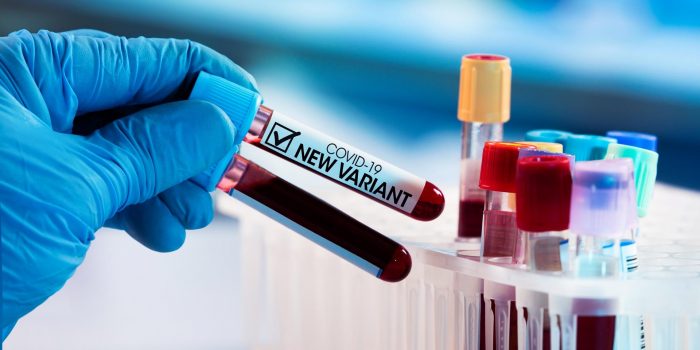Officials in the United States are referring to the omicron variant as a major natural catastrophe, with over 1.4 million new COVID-19 cases recorded on Monday.
Authorities are now preparing for an inflow of cases in the following days, taking a toll on healthcare organizations across the country. On Tuesday, the World Health Organization issued yet another dire warning about the pandemic’s future: disease for most people.
“I think it’s hard to process what’s actually happening right now,” said Janet Woodcock, acting commissioner of the Food and Drug Administration, “which is most people are going to get COVID.”
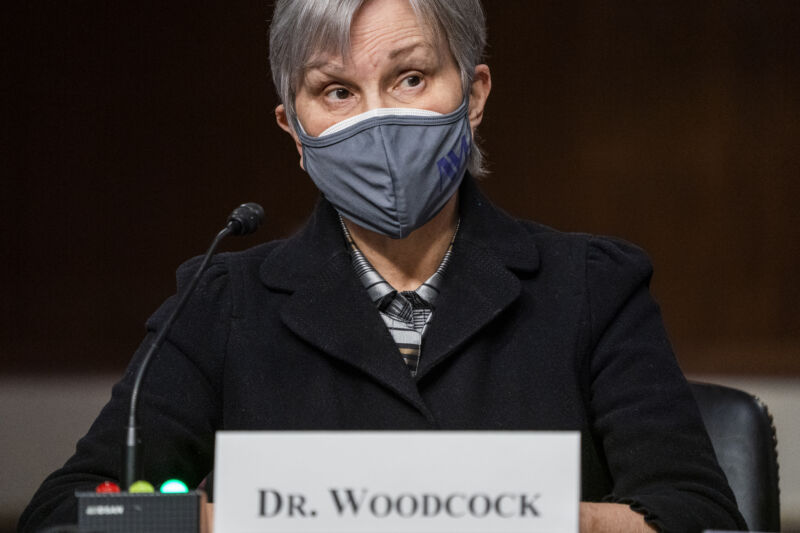
Woodcock said this is a critical acknowledgment for navigating the way forward, acknowledging that the focus currently needs to be on averting the worst that pandemic could bring in the short term.
“What we need to do is make sure the hospitals can still function, transportation, you know, other essential services are not disrupted while this happens,” she said. “I think after that will be a good time to reassess how we’re approaching this pandemic.”
Woodcock’s statement may not come as a surprise, given that the number of daily positive tests is at an all-time high. On Monday, the seven-day average surpassed 760,000, implying that around one in every 60 Americans tested positive in the previous week.
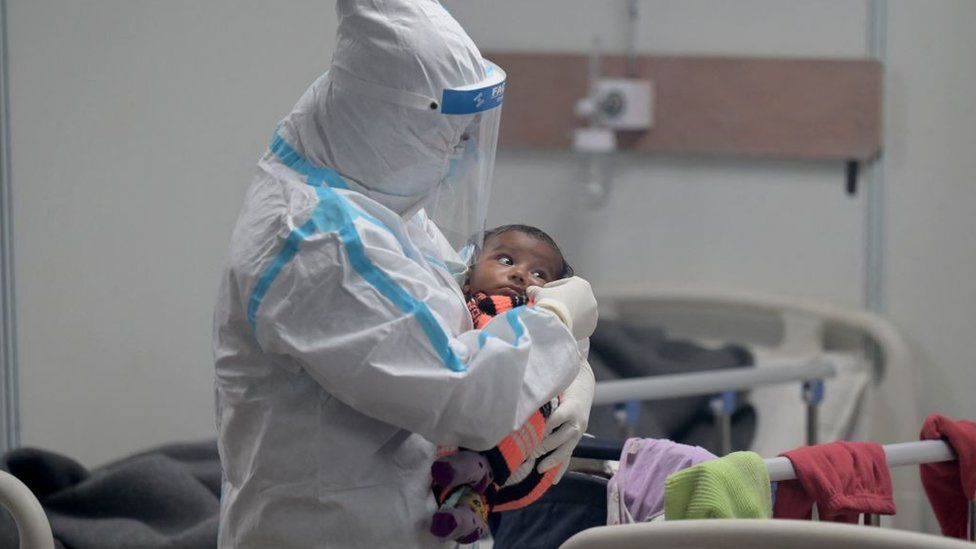
A research published four months ago, before the outbreak of the omicron variant, predicted that 31 percent of the U.S. population was already infected.
Woodcock’s remarks came on the same day that a World Health Organization official warned that Europe might see more than half of its people sick within the next six to eight weeks.
However, there has been speculation that omicron could surge and decrease soon like it did in South Africa. However, Sen. Richard Burr (R-N.C.), the leading Republican on the Senate Health Committee, remarked that Israeli scientists were less optimistic about their country’s future.
Anthony S. Fauci gave another statement in response to Burr’s comments regarding South Africa, warning of potential future variants and the possibility that omicron infections may not provide natural immunity against them.
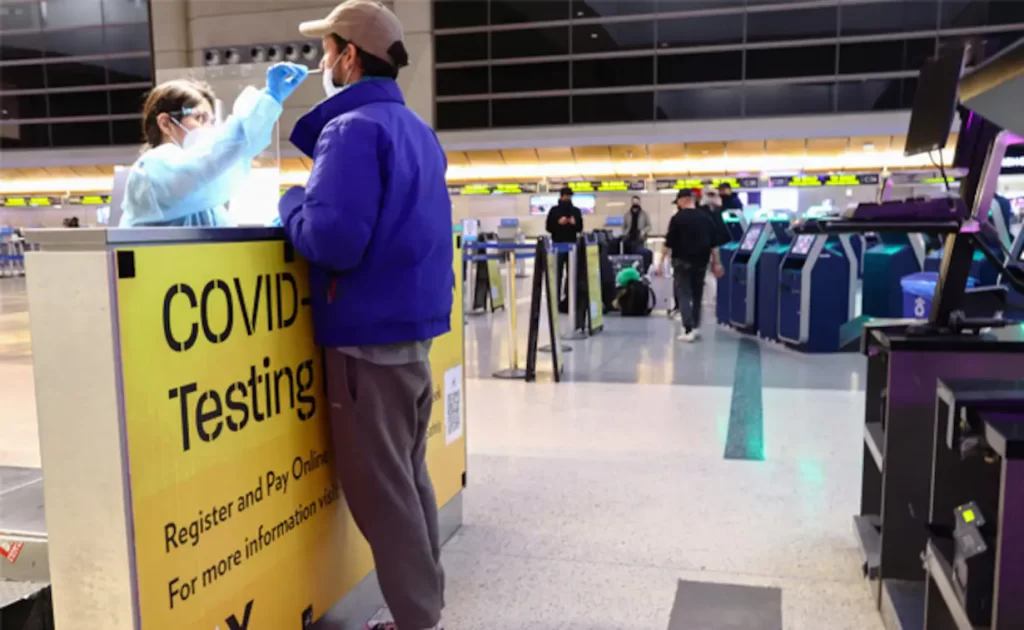
“If we wind up getting infected with omicron at a very, very low level of pathogenicity, is that going to be sort of almost like a live attenuated vaccine? I don’t think we can say that right now,” Fauci said.
While they warned about the impending dangers, Woodcock, Fauci, and the other experts made a point of emphasizing the importance of preventing infections as much as possible, given the strain that the disease could place on hospitals and essential services.
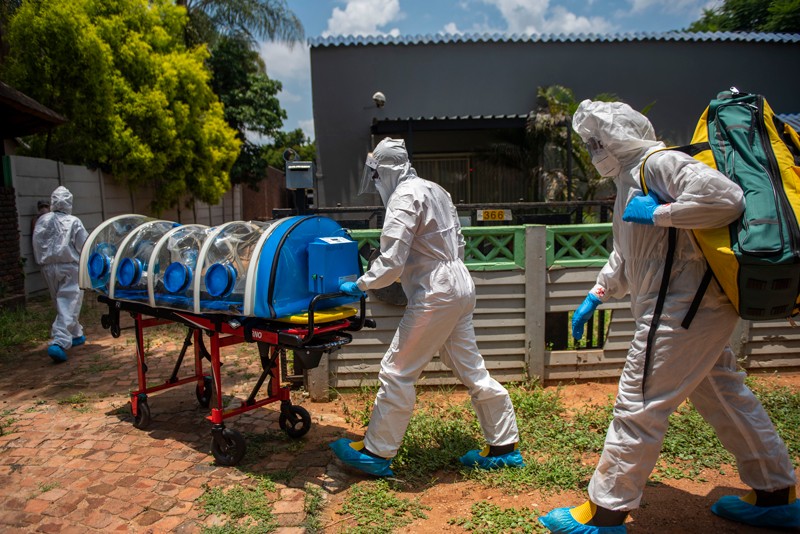
Woodcock also seemed to advocate for a unique approach to the virus’s fight, one that recognizes what lies ahead in the short future while also dealing with longer-term institutional reforms.
“I think right now we need to focus on continuity of operations for hospitals and other essential services as this variant sweeps through the population. I don’t think that will last a long time, but that’s where I think we are right now,” Woodcock added.

